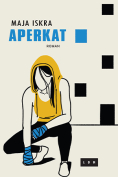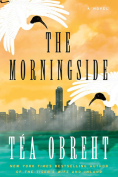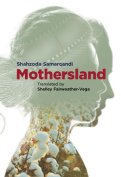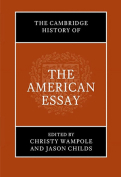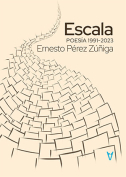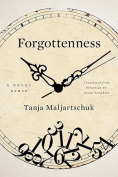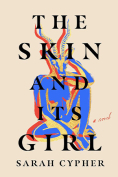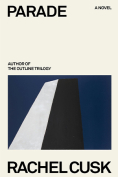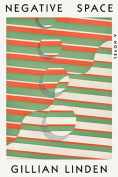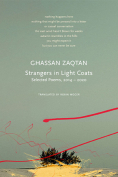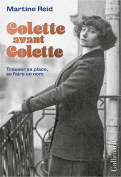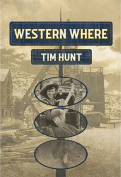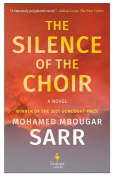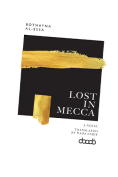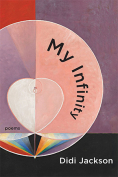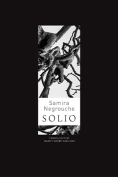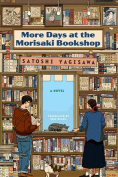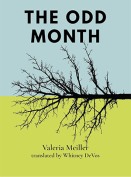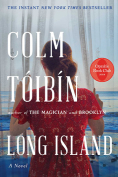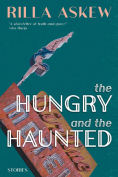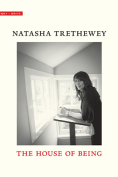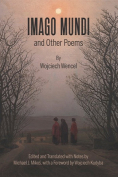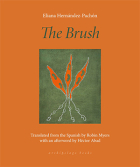More Days at the Morisaki Bookshop by Satoshi Yagisawa
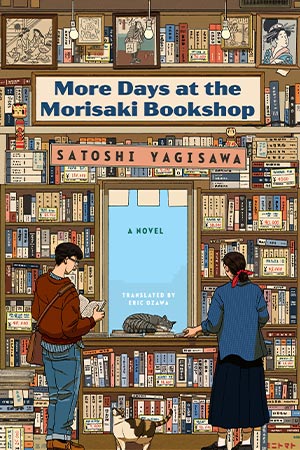 New York. HarperCollins. 2024. 176 pages.
New York. HarperCollins. 2024. 176 pages.
This slim and slow novel is the sequel to Japanese writer Satoshi Yagisawa’s award-winning debut, Days at the Morisaki Bookshop. In Yagisawa’s distinctively simple and meticulous prose, which belies the earnest emotional embroidery throughout, it continues the story of Takako. In More Days at the Morisaki Bookshop, Yagisawa contours his characters’ intersecting orbits as they are drawn to the titular bookshop—and to one another—by the gravity of both joy and grief.
Three years after the events of Days at the Morisaki Bookshop—three years after Takako took personal refuge in the apartment above the family bookshop—she now frequently visits her eccentric uncle Satoru and his brusque wife, Momoko, at the Morisaki Bookshop in the famous Jimbocho neighborhood of Tokyo. This bookstore district teems with characters both recurring and new: her now-boyfriend Wada, her friends Takano and Tomo, and bookshop customers like the garrulous Sabu and the man in the ever-fraying sweater. As Takako navigates her maturing romantic, platonic, and familial relationships, she must reckon with the inexorable passage of time; characters twirl together and apart like falling leaves in autumn, and she struggles with both quotidian turmoil and sudden tragedy—which, at the midpoint of the novel, strikes Takako’s life like a forking bolt of lightning.
Yagisawa writes More Days at the Morisaki Bookshop from the first-person perspective of Takako. At times anxious and hopeful, meditative and stricken, Takako’s interior life thrums with the voice of a quiet but fiercely caring young woman whose narration guides readers through the doors of the Morisaki Bookshop and into the lives of its namesake family. Indeed, as I read the novel, I craved the dusty shelves and musty smells of my local secondhand bookstore; I found More Days at the Morisaki Bookshop to be warm and quaint, a tranquil oasis, a respite from the bustle of everyday life—the very thing the Morisaki Bookshop offers its visitors.
Thus, More Days at the Morisaki Bookshop is the consummate novel for book-lovers. Heartfelt and heartbreaking, Yagisawa’s second novel posits a theory of bookshop-keeping grounded in the particular intimacy of a well-loved book, best expressed in the final paragraph of the novel: “Here in Tokyo’s neighborhood of secondhand bookstores is our little bookshop. It’s full of little stories. And it holds within its walls the thoughts and hopes and feelings of a great many people.” More Days at the Morisaki Bookshop does the very same.
Alex Crayon
University of Kansas


